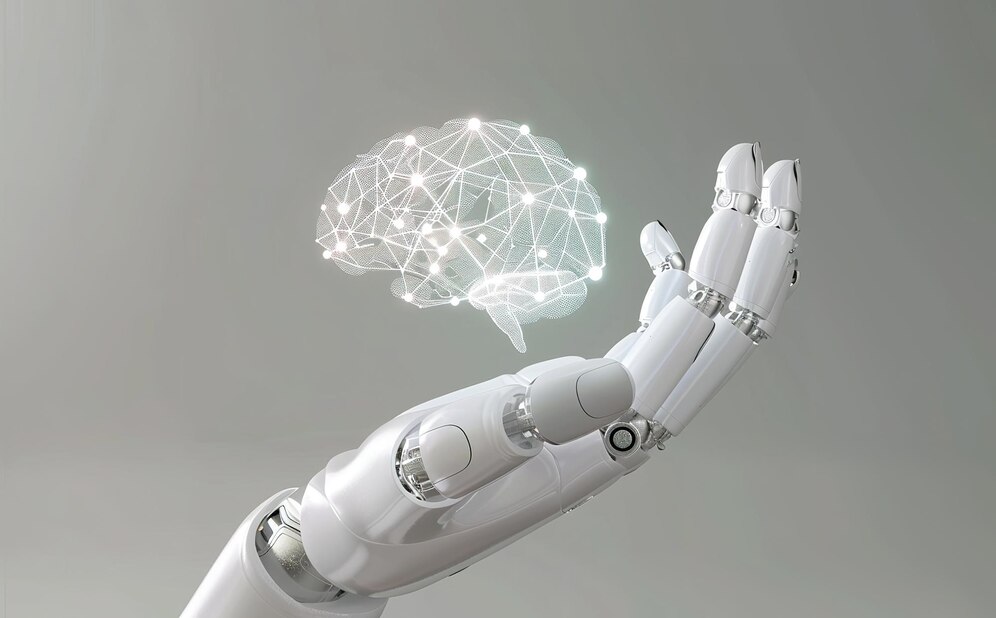Artificial Intelligence (AI) has become ubiquitous in our modern world, permeating nearly every aspect of our lives from personalized recommendations on streaming platforms to complex algorithms driving financial markets. However, as AI continues to advance, questions surrounding its ethical implications and societal impact have become increasingly prevalent. One such area of concern is the concept of unfiltered AI – systems that operate without constraints or oversight. In this article, we delve into the intricacies of unfiltered AI, exploring its potential benefits, ethical challenges, and the imperative need for responsible implementation.
Understanding Unfiltered AI
Unfiltered A’I refers to artificial intelligence systems that operate without any form of filtering or regulation. Unlike traditional AI models, which are often trained on curated datasets and subject to various constraints and guidelines, unfiltered AI operates autonomously, making decisions and taking actions without human intervention or oversight. This lack of filtering or regulation means that unfiltered AI has the potential to exhibit behaviors and make decisions that may be unpredictable, biased, or even harmful.
The Potential Benefits of Unfiltered AI
Despite the ethical concerns surrounding unfiltered AI, proponents argue that it holds significant potential for innovation and advancement in various fields. One of the primary benefits touted by advocates is the ability of unfiltered AI to achieve unprecedented levels of autonomy and adaptability. By removing constraints and filters, these systems can theoretically explore a broader range of solutions and strategies, leading to more efficient problem-solving and decision-making processes.
Furthermore, unfiltered A’I has the potential to revolutionize industries such as healthcare, where real-time decision-making and diagnosis could save lives. For example, unfiltered AI systems could analyze vast amounts of medical data to identify patterns and trends that may elude human clinicians, leading to more accurate diagnoses and personalized treatment plans.
In addition to its applications in healthcare, unfiltered AI could also revolutionize fields such as transportation, manufacturing, and finance. Autonomous vehicles, for instance, could benefit from unfiltered AI systems capable of making split-second decisions in complex driving scenarios, potentially reducing accidents and improving traffic flow.
Ethical Challenges of Unfiltered AI
While the potential benefits of unfiltered AI are enticing, they must be weighed against significant ethical challenges. One of the most pressing concerns surrounding unfiltered AI is the issue of accountability and responsibility. In traditional AI systems, developers and engineers are typically held accountable for the behavior of their creations. However, in the case of unfiltered A’I, the lack of oversight and regulation complicates matters significantly.
Without clear guidelines or accountability mechanisms in place, it becomes challenging to assign responsibility when unfiltered AI systems make errors or exhibit harmful behavior. This raises important questions about liability and legal culpability, particularly in cases where AI systems cause harm to individuals or society at large.
Another ethical challenge posed by unfiltered A’I is the potential for bias and discrimination. AI algorithms are only as unbiased as the data they are trained on, and unfiltered A’I systems, operating without constraints or oversight, may inadvertently perpetuate or exacerbate existing biases present in their training data. This can lead to discriminatory outcomes in areas such as hiring, lending, and law enforcement, further entrenching social inequalities and injustices.
Furthermore, the lack of transparency inherent in unfiltered A’I systems raises concerns about algorithmic accountability and the “black box” problem. Without visibility into the decision-making processes of these systems, it becomes difficult to understand how and why certain decisions are made, making it challenging to detect and rectify instances of bias, error, or unethical behavior.
The Imperative for Responsible Implementation
Given the ethical challenges associated with unfiltered AI, it is imperative that measures be taken to ensure its responsible implementation and deployment. One approach to addressing these challenges is the development of robust ethical frameworks and guidelines for the design, development, and deployment of AI systems.
Ethical frameworks can help developers and engineers identify and mitigate potential risks and biases in unfiltered A I systems, ensuring that they operate in a manner that is transparent, accountable, and aligned with societal values and norms. These frameworks may include principles such as fairness, transparency, accountability, and inclusivity, guiding decision-making throughout the AI development lifecycle.
Additionally, regulatory bodies and policymakers play a crucial role in shaping the ethical landscape of AI. By enacting legislation and regulations that govern the use of AI technologies, policymakers can help mitigate the potential risks associated with unfiltered A I while promoting innovation and advancement in the field. These regulations may include requirements for transparency, accountability, and oversight of AI systems, as well as mechanisms for addressing issues such as bias, discrimination, and algorithmic accountability.
Conclusion
Unfiltered A I represents a paradigm shift in the field of artificial intelligence, offering unprecedented levels of autonomy and adaptability. However, the ethical challenges associated with unfiltered A I cannot be ignored. From issues of accountability and bias to concerns about transparency and algorithmic accountability, there are significant risks inherent in the unchecked deployment of unfiltered A I systems.







